Vaccines are an important means of giving your dog or cat a long and healthy life. The antigens in vaccines mimic a particular disease without actually giving your pet the disease. This stimulates the immune system so that it knows how to fight off the actual disease should your pet ever be exposed to it. For both dogs and cats there are core vaccines and non-core vaccines; core vaccines are the ones that most pets need because their risk of exposure to the corresponding disease is high, the disease is particularly severe and could result in significant impairment or death, and/or humans may contract the disease (aspca.org). Your veterinarian will advise you on what vaccines your pet should have based on the specific needs of your pet, including his or her age and medical history, and any requirements of your locality or boarding facility.
While most pets tolerate vaccines without issue, it is possible that side effects may occur. Side effects can range from minor discomfort to serious allergic reactions. Because of this, it is wise to ensure that your veterinarian is aware of your pet’s full medical history and to discuss the vaccination schedule with your veterinarian. Consider spreading out the vaccines as much as possible over a three- to four-month period for puppies and kittens and never vaccinate a dog or cat with a compromised immune system. Rather than routinely vaccinating adult pets, consider titer testing to check for the presence of antibodies. If the antibodies are present, then no vaccination is needed. Additionally, consider administering Thuja Occidentalis, a homeopathic remedy available at health food stores which helps to alleviate possible side effects of vaccines, for seven days after each vaccine is given.
As we said, vaccines are safe for most pets and any minor discomfort that may arise from receiving a vaccination is far more preferable to your pet’s suffering from a preventable disease. However, as with any medication, your pet may experience side effects greater than mere discomfort. After you vaccinate your pet, be sure to watch for any signs that your pet is experiencing a serious side effect from the vaccine. According to the ASPCA, the signs to watch for include “fever, sluggishness, loss of appetite, facial swelling and/or hives, vomiting, diarrhea, pain, swelling, redness, scabbing or hair loss around the injection site, lameness, collapse, difficulty breathing, or seizures.” If you notice any of these symptoms in your pet after a vaccination, call your veterinarian immediately.







